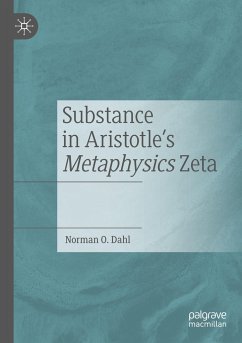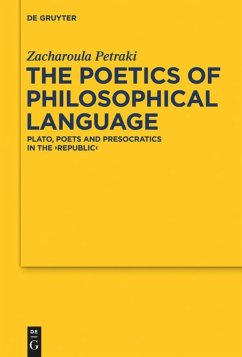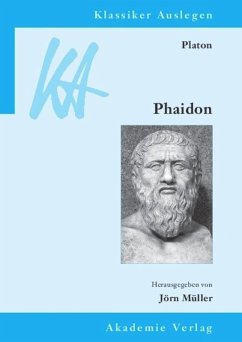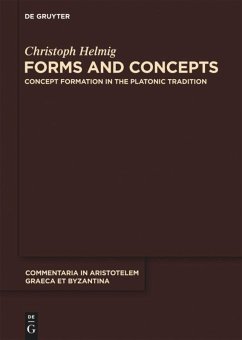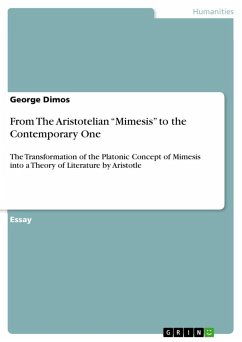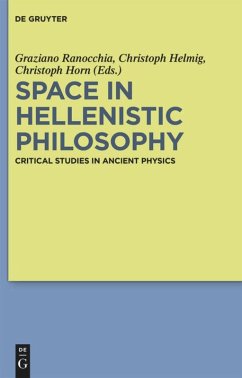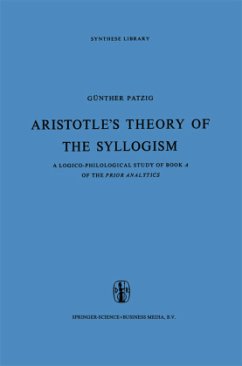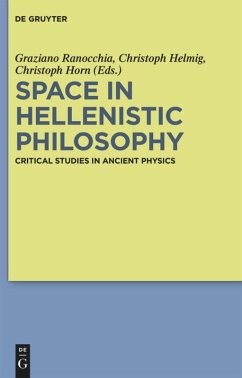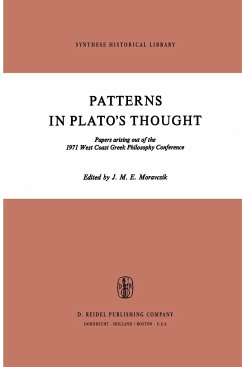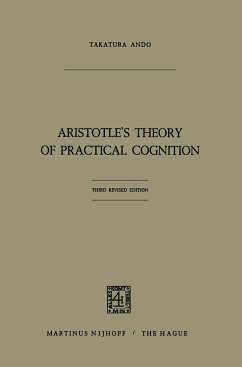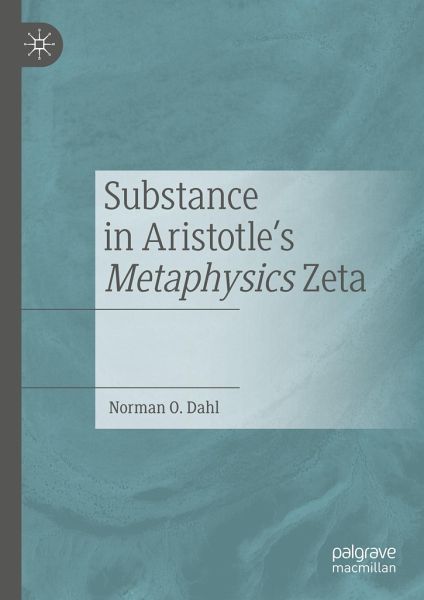
Substance in Aristotle's Metaphysics Zeta
Versandkostenfrei!
Versandfertig in 6-10 Tagen
65,99 €
inkl. MwSt.
Weitere Ausgaben:

PAYBACK Punkte
33 °P sammeln!
This book argues that according to Metaphysics Zeta, substantial forms constitute substantial being in the sensible world, and individual composites make up the basic constituents that possess this kind of being. The study explains why Aristotle provides a reexamination of substance after the Categories, Physics, and De Anima, and highlights the contribution Z is meant to make to the science of being. Norman O. Dahl argues that Z.1-11 leaves both substantial forms and individual composites as candidates for basic constituents, with Z.12 being something that can be set aside. He explains that a...
This book argues that according to Metaphysics Zeta, substantial forms constitute substantial being in the sensible world, and individual composites make up the basic constituents that possess this kind of being. The study explains why Aristotle provides a reexamination of substance after the Categories, Physics, and De Anima, and highlights the contribution Z is meant to make to the science of being. Norman O. Dahl argues that Z.1-11 leaves both substantial forms and individual composites as candidates for basic constituents, with Z.12 being something that can be set aside. He explains that although the main focus of Z.13-16 is to argue against a Platonic view that takes universals to be basic constituents, some of its arguments commit Aristotle to individual composites as basic constituents, with Z.17's taking substantial form to constitute substantial being is compatible with that commitment.
.
.





